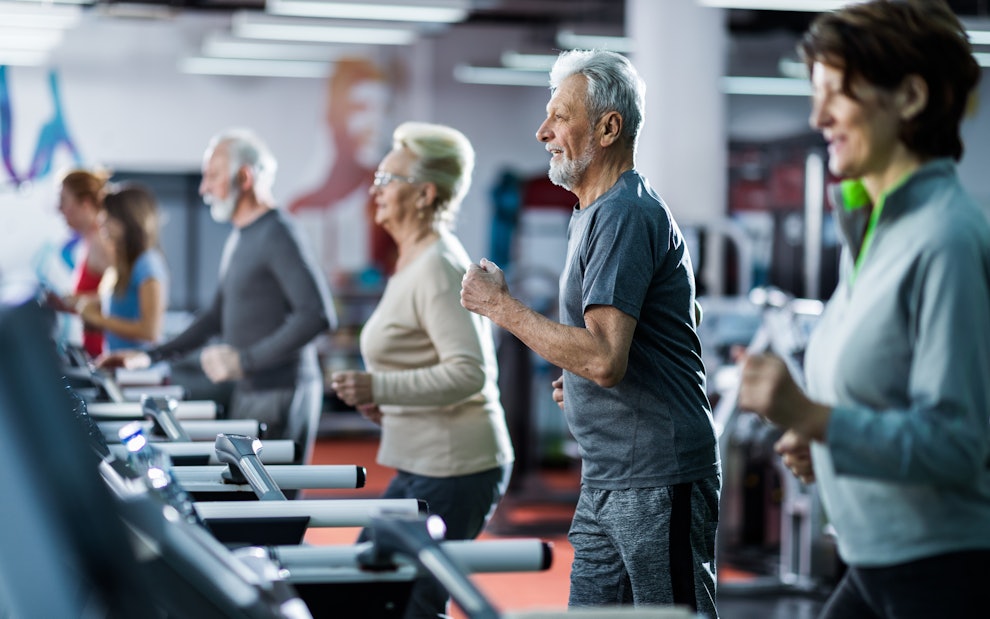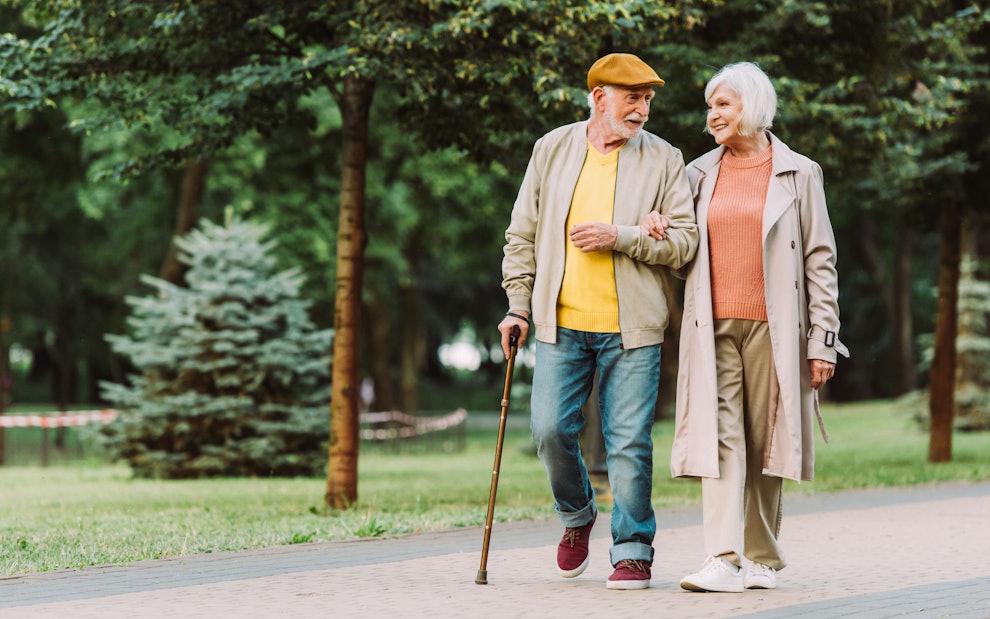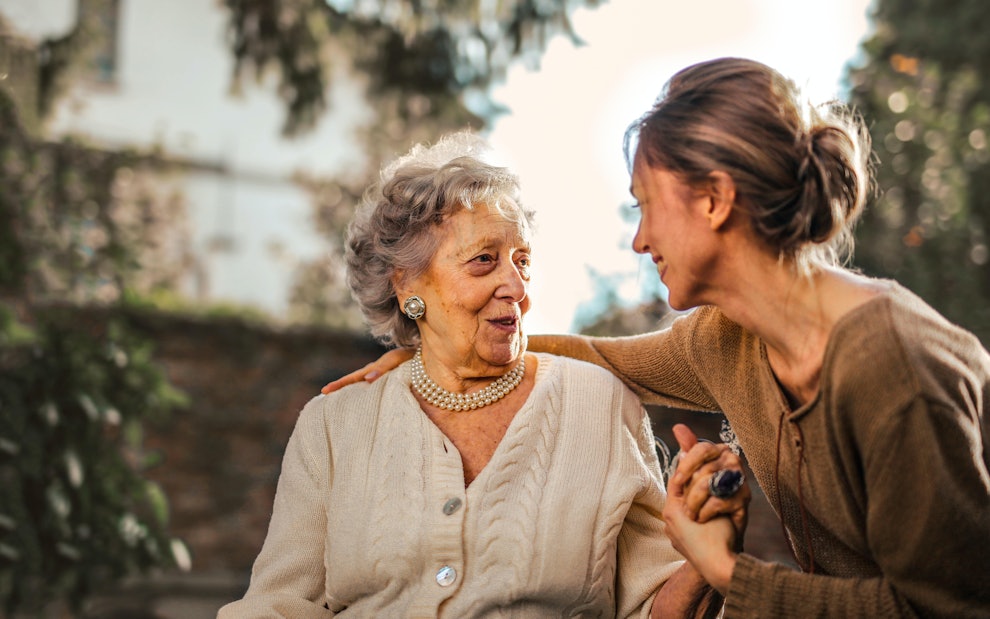Article at a glance
Many older adults want to age in place, meaning they stay in their own homes as they grow older. This helps older adults maintain a sense of independence and well-being.
Older adults need to keep home safety top of mind, especially if living independently.
Making adjustments to their homes, as well as adhering to best safety practices, will ensure they age in place safely and prevent serious injury.
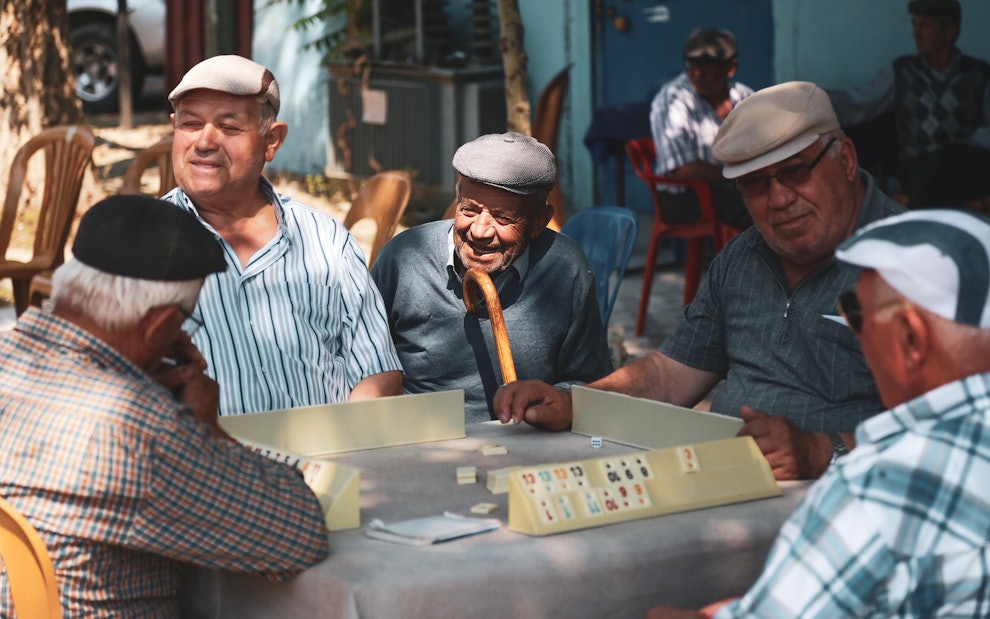
Whether someone has an aging family member or if they are an older adult themselves, many current or future senior citizens want to “age in place.” This means that they get to stay in their own home as they age, as opposed to moving to an assisted living facility.
However, at the same time, many also have safety concerns about living alone,
transportation, and other daily tasks and activities. After all, living alone comes with its own set of risks, especially for elderly adults who may not have the physical and/or mental capabilities they once had. According to the Centers for Disease Control and Prevention, “In 2011, nearly 23,000 people over age 65 died, and 2.4 million were treated in emergency departments because of falls.”
In order to age in place safely, elderly Americans should set up their home for success. They can do so by adhering to best home safety practices and planning to make changes to their living environment.
This article will explain various modifications to make to one’s home if they plan to age in place, as well as general senior safety tips for living independently as an elderly person.
1. Make Necessary Home Modifications
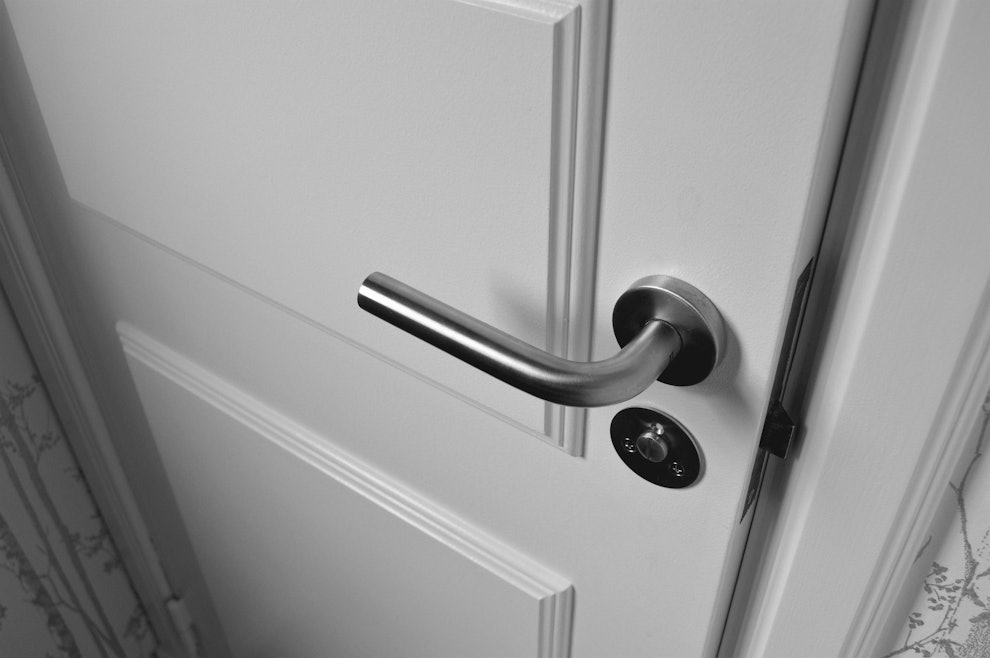
According to a May 2020 study from the U.S. Census Bureau, less than 10 percent of American homes are equipped for aging in place. To be considered “aging-ready,” a home would need to have a step-free entryway, a first-floor bathroom and bedroom, and one accessibility feature in the bathroom (i.e. grab bar or shower seat).
In addition to these guidelines, the following home modifications can help make living at home safer:
Install Grab Bars
Grab bars should be near the toilet or in the bathtub or shower.
Remove Area Rugs & Throw Rugs
This will help prevent falls. As well, ensure that carpeting is properly affixed to the floor.
Replace Handles
Swap out handles on doors or faucets with ones that are more comfortable to grab. For example, lever handles can be easier to hold.
Ensure Home Has Adequate Lighting
Install light switches at both the top and bottom of the stairs. Don’t forget to use night lights as well. This will help prevent falls.
Use a Raised Toilet Seat
This can help make standing up from the toilet easier.
Use a Waterproof Seat in the Bath or Shower
This will also help prevent falls.
2. Be Aware Of Potential Hazards
The most common accidents that elderly people experience are falls, burns, and poisoning. In order to lower fall risks, prevent burns, and avoid poisoning, there are a number of steps that can be taken.
How To Lower Fall Risks
Consider wearing a medical alert bracelet
Wear non-slip shoes that fit correctly
Use a cane or walker if needed (avoid holding onto furniture)
How To Prevent Burns And Fires
Replace appliances with frayed electrical cords
Install a smoke detector (and make sure it has working batteries twice a year) in accordance with guidelines from the National Fire Protection Association.
Prevent scalding by setting the thermostat of the water heater to no higher than 120 degrees Fahrenheit
Have a fire extinguisher handy but call 911 in the event of a fire
Avoid wearing loose clothing, such as long flowing sleeves, while cooking
How To Avoid Poisoning
Keep medications in original packaging to avoid confusion and potential mix-ups
Install a carbon monoxide detector (make sure it has working batteries at least twice a year)
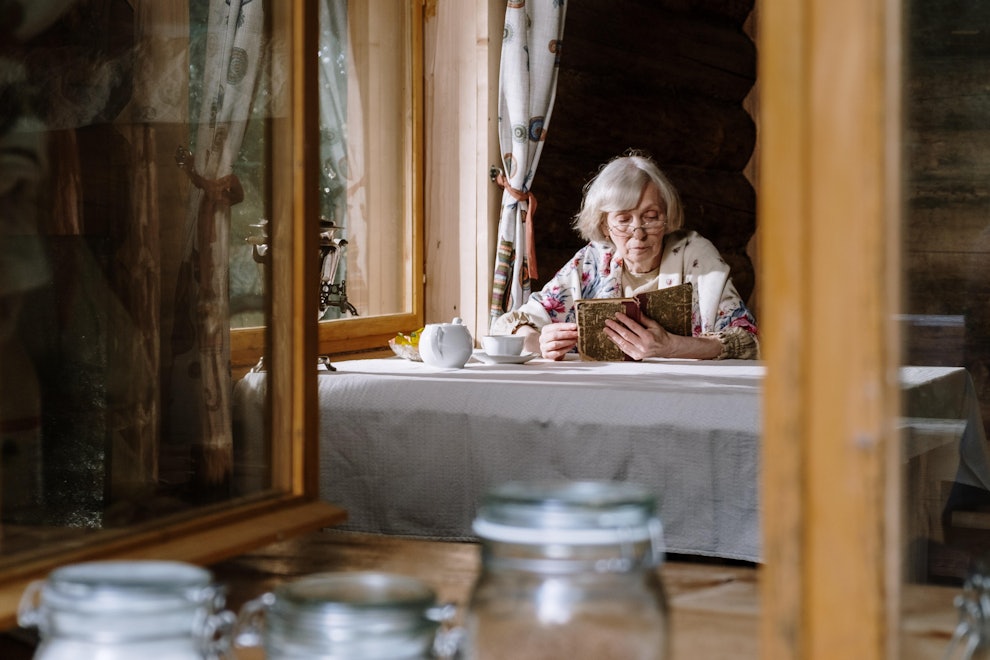
3. Invest In Emergency Assistance Products

It can be beneficial to have emergency products in place for peace of mind and easier access to contact emergency response services in the event of an accident or emergency.
Install Home Security Sytems
Having a home security system installed, even a basic one, can help seniors have peace of mind and deter property theft—the most common type of security issue seniors experience.
If possible, a system that includes a camera and speaker system can allow seniors to communicate with strangers without opening the front door.
Include Medical Alert Systems
Despite precautions, accidents are unavoidable. Having medical alert systems, such as a medical alert device, can allow seniors to push a button and get in contact with emergency services in the event of a fall or medical emergency.
Purchase GPS Trackers
Location trackers, such as versions on a phone, can allow seniors to have trusted family members or caretakers know their whereabouts in the event of an emergency.
If their phone isn’t equipped with a location tracker, other GPS tracker options are available, including in medical alert devices.
GPS trackers can be particularly beneficial for those with Alzheimer’s or dementia who may wander from the home.
4. Increase Outdoor Safety

Have railings for steps
If possible, install railings for outdoor steps.
Make outdoor pathways and driveways well-lit
Ensure there is bright lighting to illuminate pathways to the front door. Motion-sensing lights can be extremely helpful.
Install secure locks on doors and windows
If needed, upgrade locks on doors and windows to more secure versions.
Keep hedges/shrubbery pruned or cleared
If living in a place that has shrubs or hedges near walkways, ensure they are properly pruned or cleared to not overrun paths/become trip hazards.
Keep outdoor pools gated/covered
If there is an outdoor pool, restrict access by installing a gate or pool cover to limit accidents.
Install a Ramp to the Front Door (If Necessary)
If you have to, install a ramp instead of having stairs leading up to your home.
Keep seasonal precautions in mind
Depending on the time of year or weather in the area, prepare for seasonal hazards such as icy walkways or snow that blocks driveways.
5. Keep General Home Safety Tips In Mind
In addition to making physical changes in the home, there are general home safety tips to keep in mind. These include knowing emergency numbers, keeping sensitive information secure, and more.
Know Emergency Numbers
This includes family members and loved ones that would be called in an emergency in addition to healthcare providers, poison control, and other emergency phone numbers.
Carry A Cordless Phone
Instead of taking the extra risk of racing to answer a landline, it’s more convenient and safe to carry a cordless phone or cell phone for calls.
Protect Sensitive Information
This includes social security numbers, bank account information, credit card numbers, etc. Never share this information online or on the phone.
Other Concerns For Aging In Place
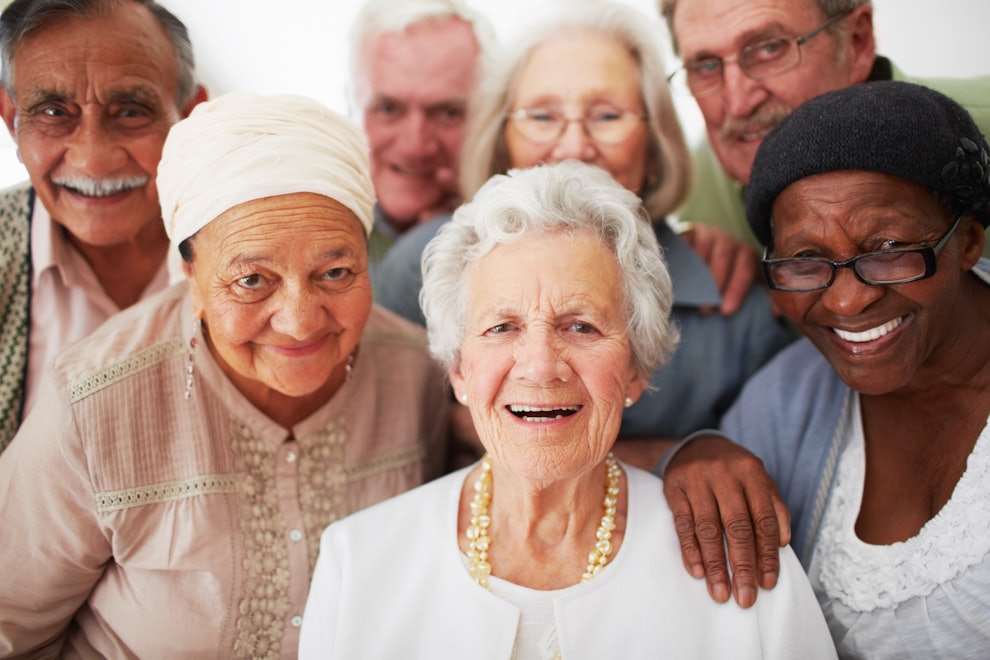
To live alone as an elderly person, a number of considerations must be taken into account. According to the National Institute of Health (NIH), the top concerns for elderly adults planning to live alone include:
Transportation: For many older adults, driving becomes a safety concern. However, there are a number of resources available to help the elderly get to where they need to go including Oak Street Health’s own shuttle or through Eldercare.
Social Life: Staying connected is important at any age, but particularly for older people. Joining community groups via Area Agencies on Aging or living in a 50+ community are just two ways to keep your social life strong.
Housing: Getting financial assistance for home modifications may be possible. NIH recommends contacting the local Area Agency on Aging, state housing finance agency, welfare department, community development groups, or the federal government.
Daytime Help or Care: Get help from a relative or caretaker. Temporary respite care is also an option.
Thankfully, many of these areas of concern can be addressed adequately, so long as they are planned for in advance.
Living Alone Resources for Elderly Adults
There are a number of great resources and services for elderly people who live independently.
Administration for Community Living (ACL): ACL is all about integrating older adults and people with disabilities into their communities. ACL provides services, research, and education to its members to help make living independently easier. Learn more about ACL’s program offerings here.
AARP: AARP is a nonprofit organization that provides resources for elderly people, empowering them to make their own decisions as they age.
American Society on Aging (ASA): ASA is an organization that supports and advocates for older adults. ASA’s mission is to improve the process of aging through education and skills advancement.
National Association of Area Agencies on Aging: The National Association of Area Agencies on Aging provides advocacy and resources and services for older adults.
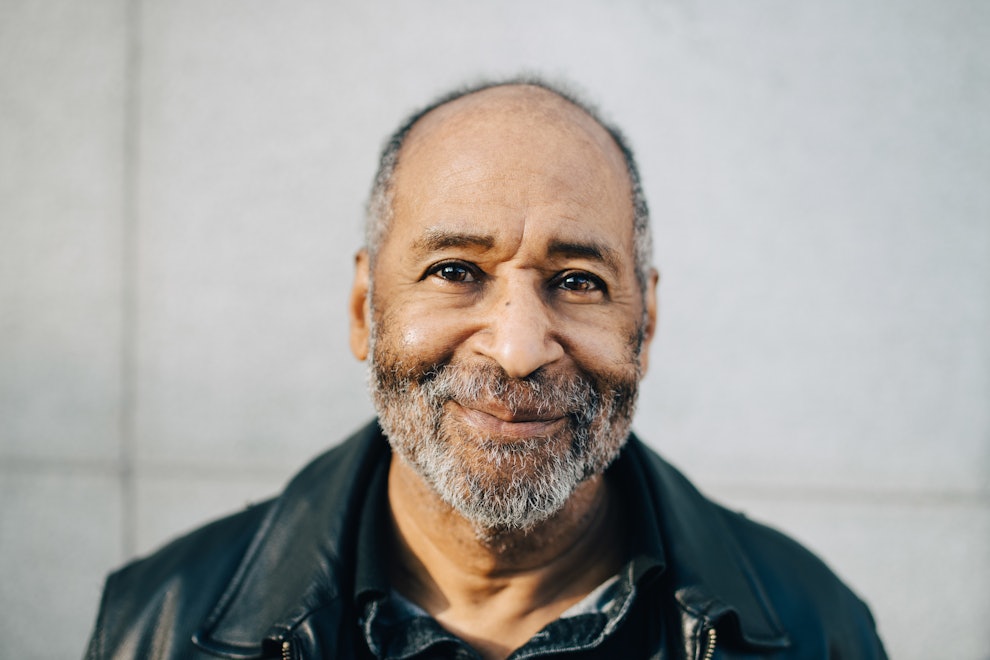
FAQ
What are home safety tips for the elderly?
There are several tips that can help keep seniors safe at home, such as removing trip hazards from the floor, installing rails or ramps for stairs, ensuring doors and windows are locked and secure, installing a home security system, and more.
How do I prepare my house for old age?
Some ways you can make your house more accessible for old age include removing throw rugs, adding no slip-resistant material or strips to showers and bathtubs, and replacing regular doorknobs with easier-to-grab levers.
What is a home assessment for the elderly?
A home assessment is an evaluation of the home to determine potential hazards or risks that could pose threats to a person's safety. Evaluations may include noting places where trip hazards are present or where additional safety measures should be taken.
Sources
https://www.nia.nih.gov/health/infographics/aging-place-tips-making-home-safe-and-accessible
https://michigantoday.umich.edu/2022/04/22/most-adults-want-to-age-in-place-but-few-are-prepared/
https://www.nia.nih.gov/health/aging-place-growing-older-home
https://www.aarp.org/caregiving/home-care/info-2019/safety-tips.html
https://www.census.gov/content/dam/Census/library/publications/2020/demo/p23-217.pdf
https://www.healthinaging.org/tools-and-tips/tip-sheet-home-safety-tips-older-adults
https://www.cdc.gov/steadi/pdf/check_for_safety_brochure‑a.pdf
Become a patient
Experience the Oak Street Health difference, and see what it’s like to be treated by a care team who are experts at caring for older adults.


